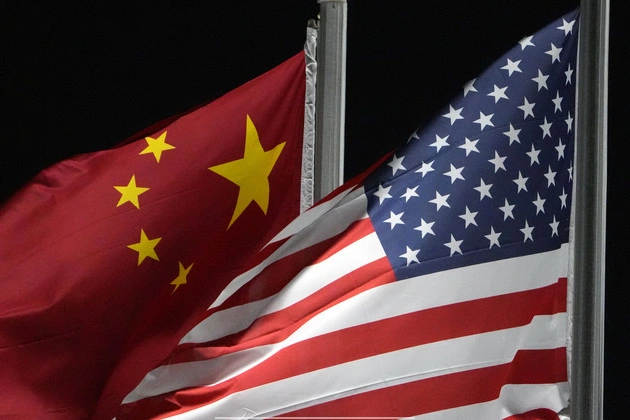
Introduction
The clash between competing clean energy strategies within the Republican Party highlights a fundamental divide on how to confront China in the race for energy dominance. While some advocate for the US to compete with Beijing in future technologies like solar panels and electric cars, others argue that China’s unfair practices have already secured its victory in the clean energy sector.
Republican Rift
This intra-party rift poses a significant challenge to the GOP’s tax and spending bill, with hard-line conservatives pushing to gut clean energy tax incentives. This move risks alienating moderate Republicans and green-tech advocates who see these incentives as crucial for edging out China in the energy race.
Trump’s Disinterest
Despite the potential benefits of investing in clean energy, President Trump remains uninterested in competing with China in this sector. His administration’s focus on oil production reflects a reluctance to engage in the clean energy market, even as China expands its global dominance.
Congressional Debate
Republican efforts to slash clean energy incentives created by President Biden face opposition from lawmakers seeking to preserve these benefits. The proposed restrictions on Chinese sourcing in energy projects could stifle the growth of the US clean manufacturing industry.
Global Implications
The US’s retreat from clean energy technologies could have far-reaching consequences, opening opportunities for other countries, particularly China, to lead in key sectors. The loss of US market share in clean tech industries may also result in intellectual property transfers to foreign competitors.
Future Prospects
As the debate over clean energy policies continues, the US risks falling behind in critical technologies needed for a cleaner energy future. The divergent approaches of the Trump administration and Republican lawmakers highlight the challenges in balancing economic interests with environmental concerns.











